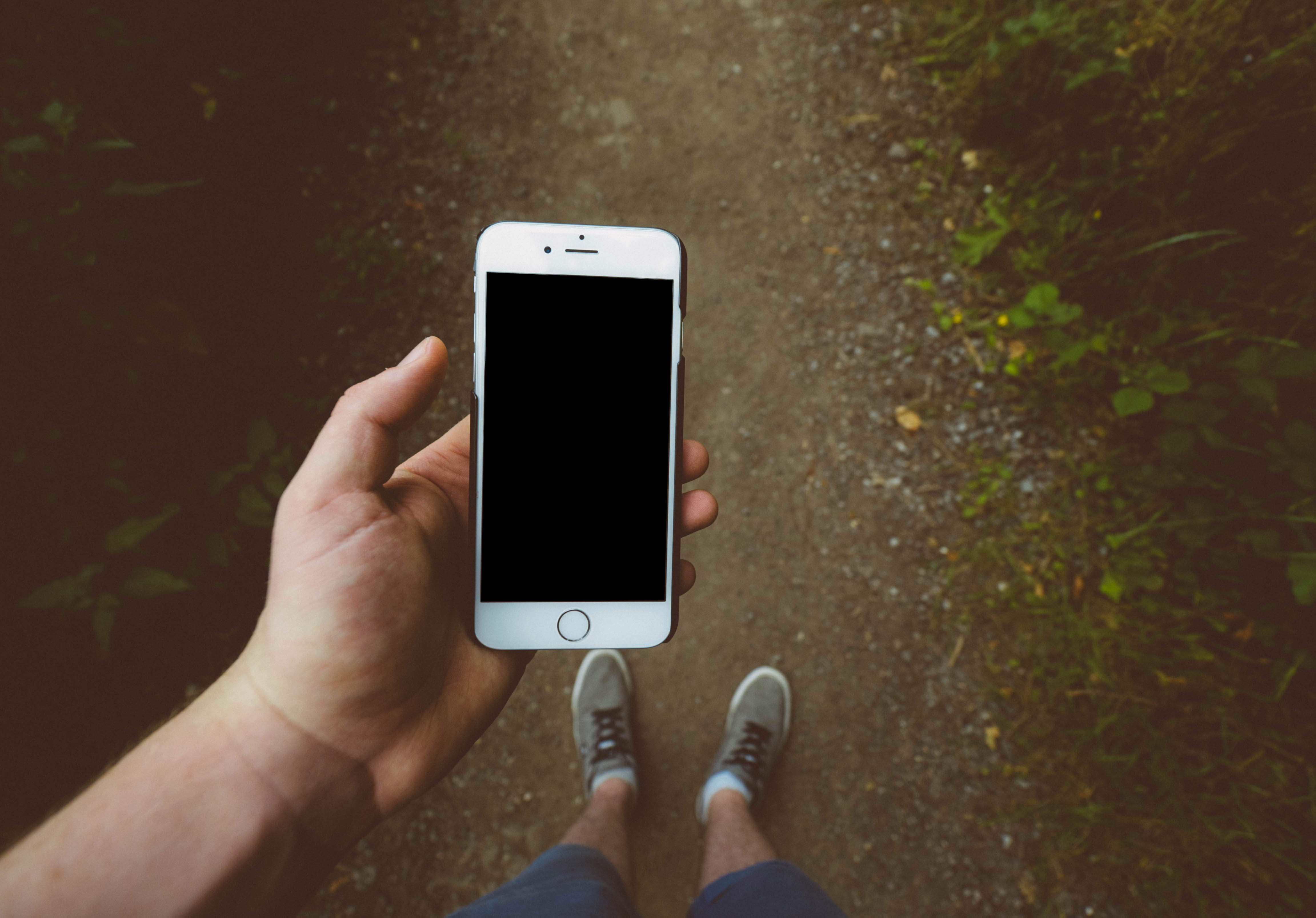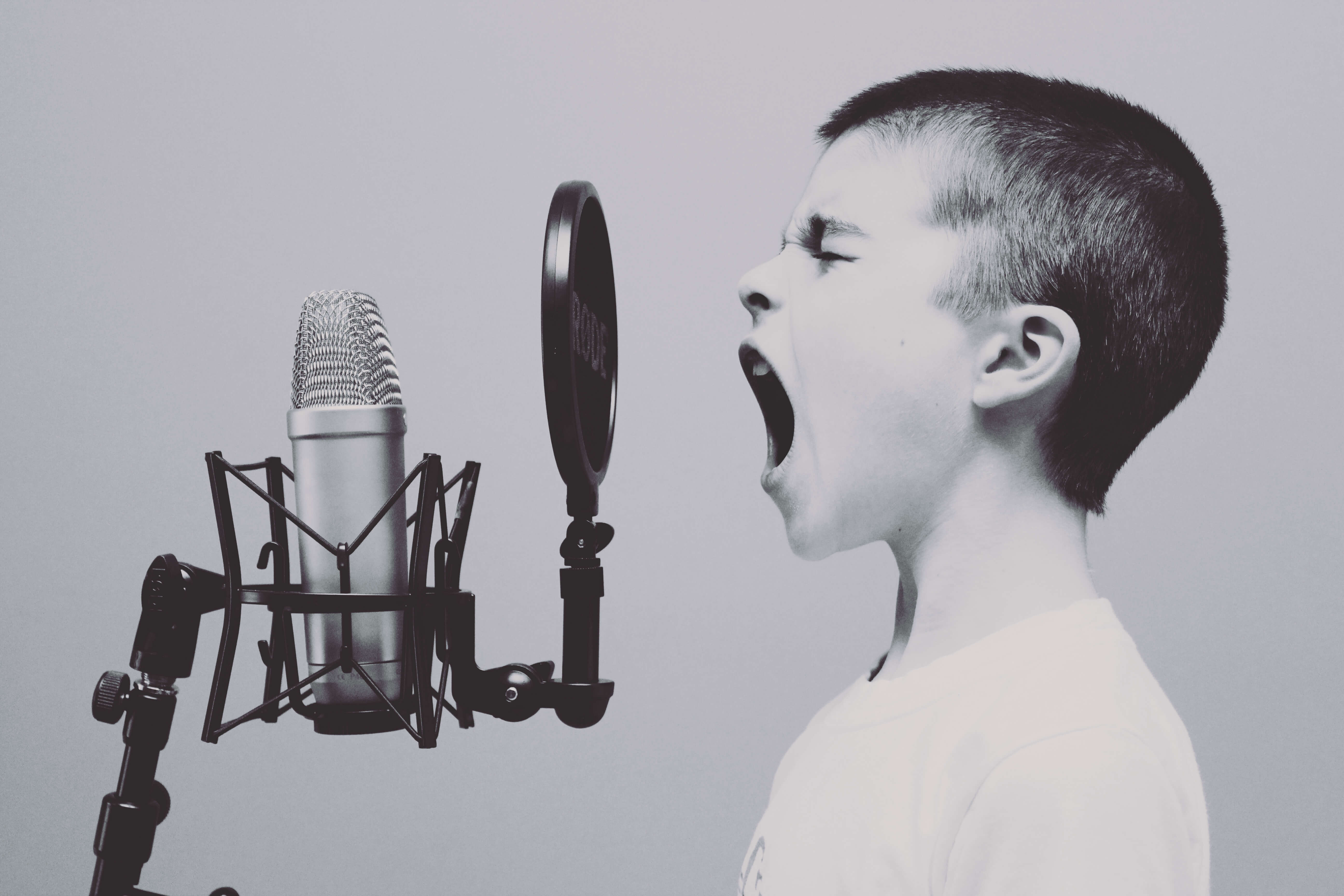Dealing With Facebook Post Disappointment
Social Media Post Disappointment
Social Media Post Disappointment, or SMPD, is the experience of frustration and demoralization occurring when your social media updates yield little to zero likes, shares, or comments.
Ever post those “woe is me” type posts, only to feel even worse when no one responds? I have.
Here is my experience of it and how my coaching philosophy explains why it happens.
Dealing With FOMO & Social Media Comparison
I remember a time when I would post a status update to Facebook and then literally spend the next few minutes and hours anxiously waiting to see if the post received likes or responses.
If I posted something sad, then I waited anxiously for words of encouragement.
If I posted something happy, then I waited anxiously for words of congratulation.
There are plenty of news articles and substantive research that warn of the dangers of Facebook, from pain of (fear of missing out) FOMO to the pain of social comparison.
Yup. Back in the day, not getting any likes or comments on a post about how frustrated I am about the dating scene or some other event important to me would literally “kill me,” providing proof of how insignificant I really am.
Back in the day I was in pain. I hated life. I would often post “woe is me” status updates.
I was feeling unimportant, lost, alone, and like a loser. You can read just how bad it got by reading my story.
I hated life when I posted these “woe is me” messages. Then I hated life even more when no one would respond!
So why did I post if I was just going to be disappointed?
There are lots of ways of making sense of why people do what they do.
Here is how my coaching philosophy helps make sense of this very common experience.
At the core of every choice and decision and action people take is a desire for an experience, a sensation.
I was posting “woe is me” posts because I believe doing so would get me somewhere. That’s it.
But that’s just the beginning…
Call it upbringing, social conditioning, habits or whatever, but somewhere I developed the skill of seeking attention. Classic attention seeking.
Dependence & Status Update Frustration
Back in the dark days of my life, I felt so unimportant, insignificant, and alone, that all I wanted was to feel important, to experience significance, to matter to someone.
I was emotionally and experientially dependent on other people for my good feelings.
That’s what I wanted: I wanted to feel like I mattered, significant.
And the outcome that I imagined would have to happen for me to feel important was to have other people’s attention.
That was my pathway, a dependent pathway.
I soon realized that if attention seeking was my “how,” then a “woe is me” post on Facebook is not about posting “woe” at all!
It was about using other people’s attention as a way of attempting to feel significant and important.
But I was obviously really, really bad at being able to get people to pay attention to me.
So I started going deeper down the rabbit hole…
There is nothing wrong with seeking attention, with wanting to feel important to others, to someone.
My problem was not wanting attention. My problem was the specific pathway I was using to get attention.
“Woe is me” posts were my way of attempting to get attention by forcing an outcome, by passively provoking people into responding to my suffering.
It was a soft form of manipulating others for the specific purpose of making myself feel validated, acknowledged, more significant, important, or connected, even if just for a moment.
I posted to get likes and comments. Responses equaled attention. Attention equaled significance.
This pathway for feeling significant had a very problematic impact on my Facebook use: it made me deeply dependent on the outcome of my posts.
If I wasn’t playing the game of manipulating others with my posts, then would the outcome matter? Or, would simply posting and sharing with people what was going on for me, openly be enough?
Was manipulating others really a productive and long lasting way to feel important, significant, or connected? Is making other people responsible for my good feelings a very effective way to create a meaningful, sincere foundation for connecting with others?
What if I didn’t need to have others attention on my posts to feel this way? What if I already felt connected, significant, and important, would it matter then if my posts get zero or even 100 likes and comments?
What if I could feel significant, connected, and important no matter what I post and regardless if people like those posts, hate those posts, or even not comment on them?
What if I had an independent pathway for feeling connected to others?
What if I felt meaningful connected outside of Facebook in the rest of my entire life, as a lifestyle? Would it matter if people respond to my posts?
So the reason I would experience Facebook Post Disappointment (FPD) when no one likes my posts or responded to me was because I was attempting to force an outcome.
Social Media Post Disappointment
The bigger cause was that I lived my entire life developing this skill set of forcing outcomes, of attempting to manipulate external situations and people’s responses that I had little to zero control over.
It was only natural then that I would use Facebook to do the same thing. My Social Media Post Disappointment (SMPD) was a symptom of a deeper issue of how I related to the world as a whole.
I sucked at creating significant connection for myself or others.
I sucked at being freely open and expressive around people, and so I sucked at creating meaningful connections, of mattering to people and finding others who could accept me for all of who I am.
It wasn’t until I learned how to recognize in every moment of my day when I was reinforcing this unproductive skill of forcing outcomes, and learned how to shift from outcome-dependence to outcome-independence in those moments, that I no longer felt SMPD.









